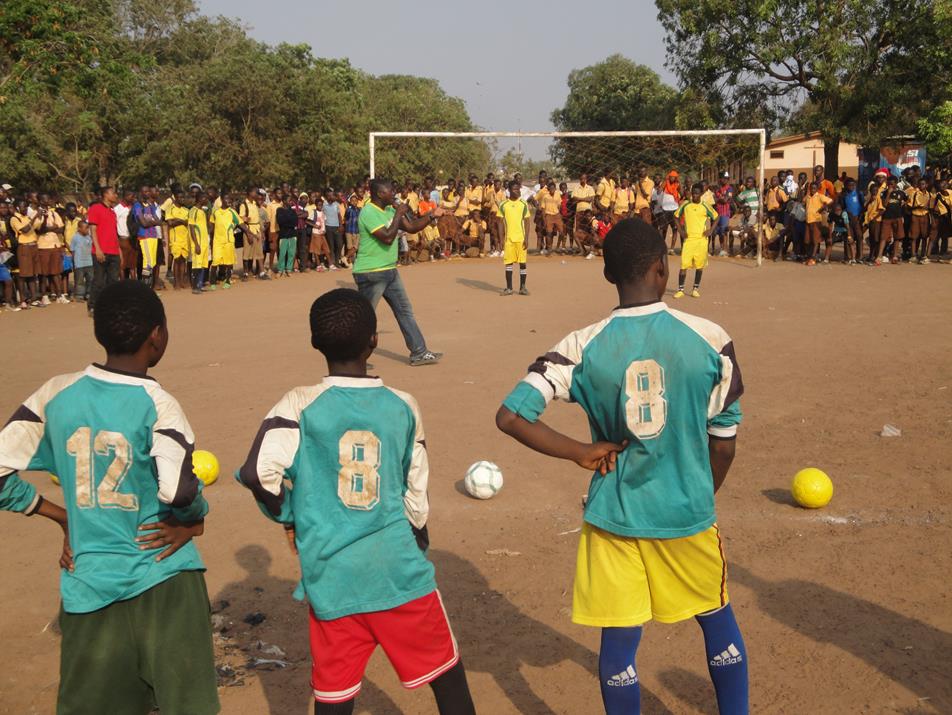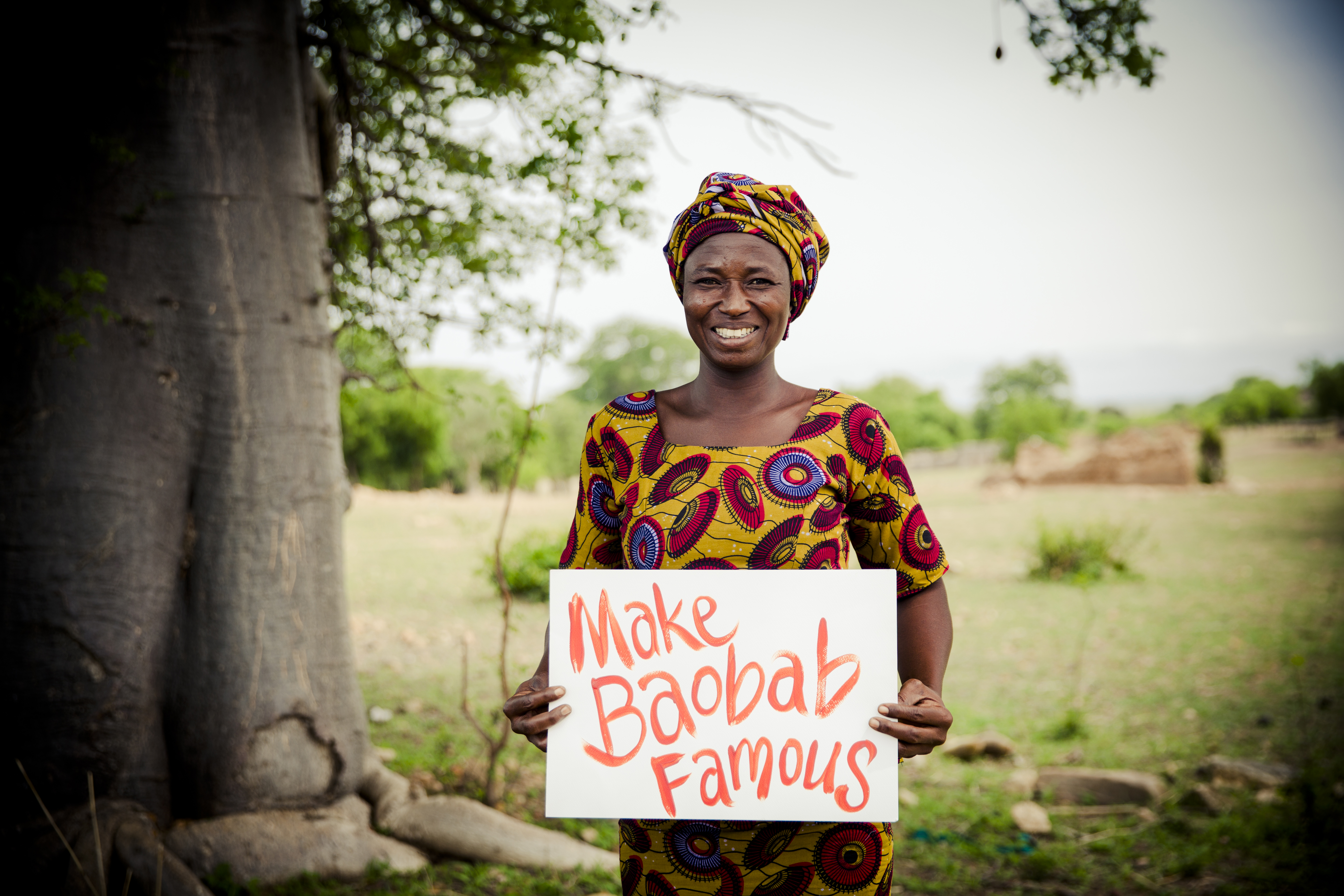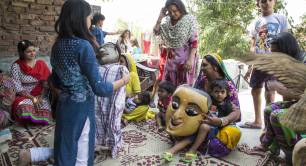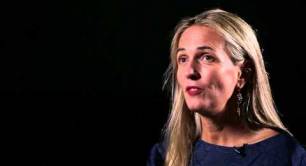Social enterprises step up to tackle the SDGs
"Once poverty is gone, we'll need to build museums to display its horrors to future generations." This is the vision of Professor Muhammad Yunus. It is also the vision of the UN member states that created the Sustainable Development Goals. Ellie Ward explores the role of social enterprise in this historic international pact.
As of January this year the 193 United Nations (UN) member states are committed to achieving the 17 Sustainable Development Goals (SDGs), which have been created to guide policy and funding decisions over the next 15 years. The ultimate aim? End global poverty.
The achievement of these goals will rely on collaboration and dedication amongst governments, civil society organisations, multinational corporations and numerous other actors.
At an event held at the British Council HQ in London, Richard Collier-Keywood from PwC, said: “Business welcomes the SDGs… We did a survey at PwC, which found that over 90% of UK business boards were aware of the SDGs already, compared with 30% of British citizens. Even more surprisingly perhaps, over 70% of British businesses have already started to prepare what they are going to do relative to those SDGs, which is pretty impressive engagement from a business community standpoint.”
So, where does the global social enterprise community come into this? In the foreword of the Think Global, Trade Social report which was published last year, Nobel laureate Professor Muhammad Yunus and Linda McAvan MEP, the chair of the European Parliament’s Committee for International Development, wrote: “Aid alone cannot be our response. Global sustainability and the nature of the economy will be shaped by entrepreneurship and the terms on which we create and do business with each other.”
The big five
There are 17 SDGs in total covering issues including sustainable urbanisation, education and marine conservation. There is a role for social enterprises to play in meeting all of these goals, but for now Pioneers Post puts the spotlight on five:
1. No Poverty
AfriKids is a child rights and community development organisation based in northern Ghana that aims to eradicate child poverty. It has become somewhat well known internationally for its bold exit strategy – it aims to achieve the self-sufficiency of AfriKids Ghana and to close down its UK office by 2017. In order to support its non-income earning activities AfriKids has developed an impressive social enterprise portfolio, which includes its Energy for Life clean cook stove business and its responsible travel company Blue Sky Travel.
2. Good health and wellbeing
Alive and Kicking produces and sells hand-stitched, high-quality leather footballs, and then uses its profits to donate footballs to schools and community projects that cannot afford sports equipment across Africa. The social enterprise employs around 140 people in Nairobi, Lusaka and Accra. It also runs education programmes (pictured below) to teach young people about important health issues through sport.

3. Gender equality
According to UNICEF one in 10 schoolgirls skips school or drops out of school entirely due to a lack of menstrual products and poor access to proper sanitation. Afripads is a social business based in Uganda that locally manufactures cost effective, reusable sanitary pads, which are then distributed globally. It has so far reached 750,000 girls and women worldwide with its products, either through being distributed by NGOs and relief agencies, or by direct customer purchases.
4. Affordable and clean energy
4.3 million people die from inhaling indoor air pollution on average every year, adding up to more deaths than malaria, tuberculosis and AIDS combined. Biolite has developed a low-cost stove that burns easy to source renewable biomass (twigs, pinecones and wood pellets) as cleanly as gas. The HomeStove dramatically reduces carbon emissions that result from smoky, open wood fires and requires 50% less fuel than conventional open fires. The HomeStove also generates electricity to power lights and increasingly critically mobile phones.
5. Decent work and economic growth
Aduna is a health food social business on a mission to make baobab and other African ‘superfruits’ famous, in turn creating demand for underutilised natural products and providing sustainable incomes for small-scale producers in rural Africa. The business model is based around a community-owned supply chain, which means that instead of the business paying the producers a small premium for the raw materials used – before processing them and then selling them on – it is the rural communities that purchase and process the raw materials before then selling them to Aduna at a higher price.

The next chapter
The Think Global, Trade Social report challenges common perceptions around the scale of social enterprise, revealing that in Kenya cooperatives account for 45% of GDP and in the US social enterprises are estimated to represent 3.5% of GDP, which is more than Silicon Valley.
Craig Bennett, who took on the role of CEO at Friends of the Earth last year, explains why he wants to see his organisation “get back into social enterprise”.
He continues: “Perhaps what a lot of people don’t fully appreciate is that in the 1970s and 80s at the very inception of Friends of the Earth, one of the ways we drove change was through practical action. In the 1970s when we were campaigning for doorstep recycling in this country, our local groups came together and set up local recycling schemes – some of them turning profit out of it as well. We proved it could be done… I think it’s time for us to get back to that.”
Where do we go from here? Recommendations in the 2015 report include encouraging governments to review and create “appropriate incentives through their tax, procurement and regulatory regimes for business to behave with greater social and environmental responsibility”.
For organisations such as USAID, social enterprise and impact investing has been on the radar for a while now. Through the Partnering to Accelerate Entrepreneurship (PACE) Initiative, USAID is investing up to $10m to ‘identify, test and implement financially sustainable models that accelerate the growth of small and growing businesses” that are addressing critical development challenges in areas such as “food, security, health and energy access”. The PACE Initiative works with partners such as Intellecap in Africa, Asia and Latin America. Last year, USAID also published an extensive piece of research into gender lens investing opportunities in Asia.
The Think Global, Trade Social report concludes: “The G20 and others should build on and learn from the experience of the 2013 G8 Global Impact Investment Taskforce, going beyond finance to focus on developing all enablers of social enterprise, including market reform, procurement, business support, governance, reporting and legal frameworks.”
To read the Think Global, Trade Social report in full, click here.




